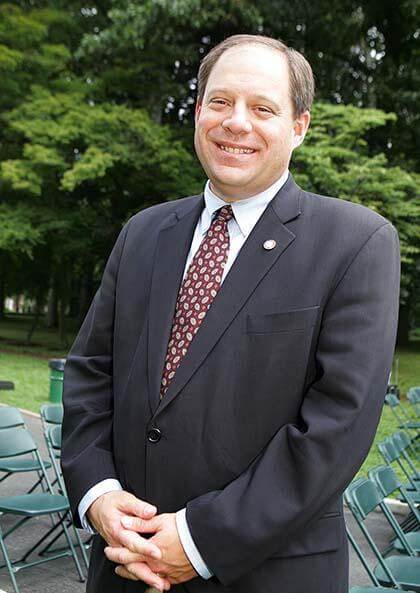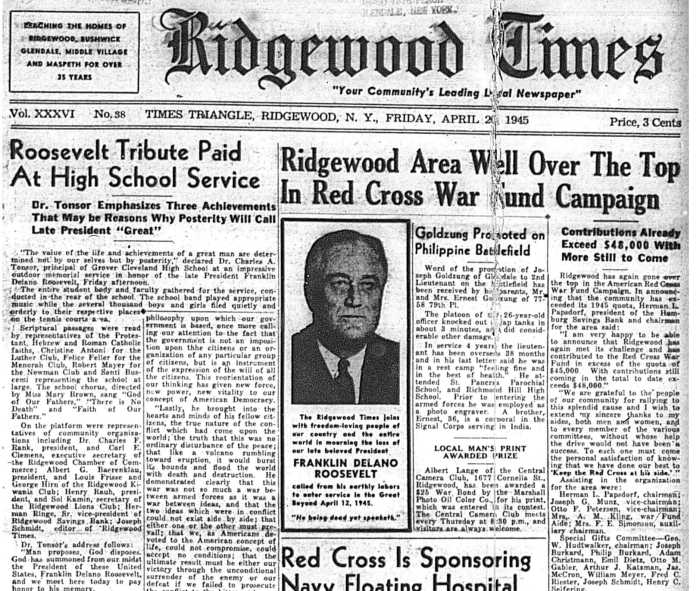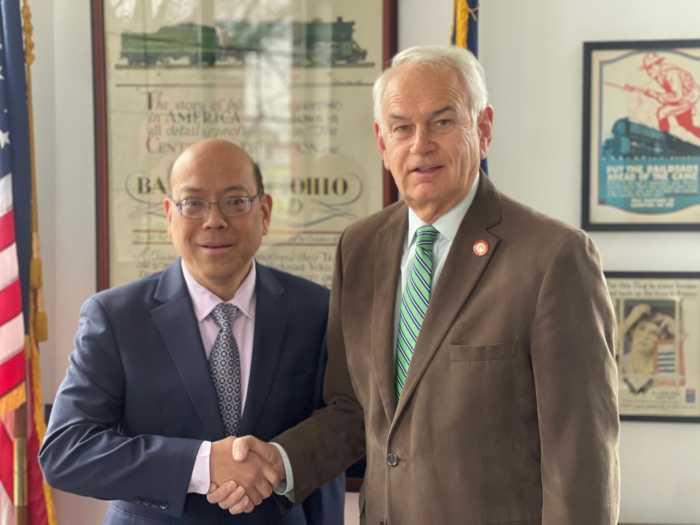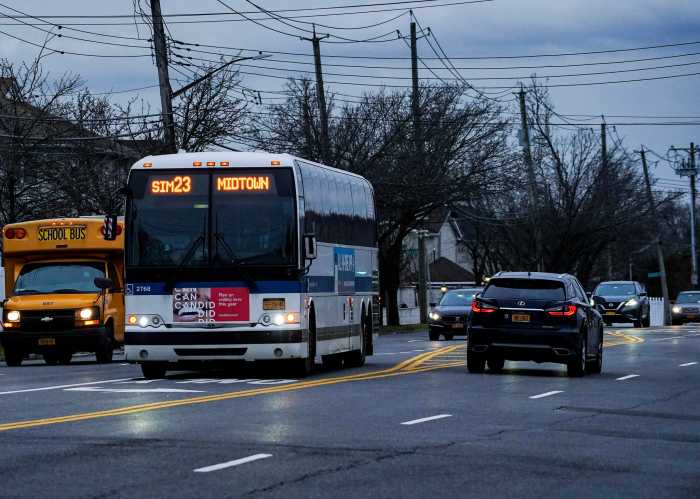By Howard Koplowitz
State Assemblyman Rory Lancman (D-Fresh Meadows) has only been in office for five years, but he is already dealing with his third governor.
Lancman said the culture in Albany, known for its corruption and inability to get things done, has changed now that Gov. Andrew Cuomo has arrived on the scene.
“It’s very different,” Lancman said. “In these 4 1/2 years, I’ve seen a lot. It’s been a very wild ride. I’m on my third governor already.”
In the 3 1/2 years before Cuomo took office, Lancman said the Democratic-controlled Assembly led the government due to former Govs. Eliot Spitzer’s prostitution scandal, the perceived lack of leadership by David Paterson and the state Senate dealing with infighting, as the so-called Gang of Four held the institution hostage over leadership positions.
“The Assembly was really the driving force behind state government because the Assembly was the most stable,” Lancman said during an interview last Thursday at the Bayside offices of TimesLedger Newspapers.
Lancman said the budget, which was adopted earlier than the April 1 deadline for the first time in more than 20 years, “wasn’t rushed,” but legislators acknowledged that the public was fed up with Albany’s dysfunction and an on-time budget would set a better example.
“There is a feeling among the public that the state doesn’t know how to manage its finances. It’s essential that the public has confidence in government,” he said. “It was not the budget I would have adopted, but it was orderly. It was probably the best deal that we could get at this moment in time.”
In Lancman’s district, which stretches from parts of Whitestone in northeast Queens to Richmond Hill in the southern part of the borough, constituents fear school closures and school overcrowding.
The city is going ahead with plans to close Jamaica HS and Richmond Hill is on the cusp of being shuttered, while Francis Lewis is among the most crowded schools in the city.
“Francis Lewis [HS] is not in any danger of closing, but their classes open at 7 a.m.,” Lancman said.
With a diverse district, Lancman said constituent needs vary, such as making sure South Asian immigrants in Richmond Hill are aware of their rights while North Flushing residents are concerned with quality-of-life and zoning issues as well as graffiti cleanups.
“It’s often very, very different,” the assemblyman said, noting he has a map of the district in his office with notes attached detailing what the office is doing to help constituents in every area. “They have different needs and issues.”
Lancman’s office is working to get Indo-Caribbean civic groups to come together and become more involved in the “civic mainstream,” such as the local community board, precinct community council and school board.
“One of the challenges of representing a community of new immigrants is the kind of civic social infrastructure is not in place,” the assemblyman said.
Lancman has organized around 12 to 20 such groups and efforts, included increasing participation in the 2010 census and possibly creating a cricket tournament.
Getting back to education, Lancman said Jamaica HS “has not been performing as it should be,” but at the same time the city is “on a mission to close large high schools and has been looking for candidates” for closure.
Lancman contended that larger high schools are better equipped to handle specialized populations, such as the nursery program for teen mothers at Hillcrest HS, than smaller schools.
“By definition, small serves a very narrow band of students,” he said, predicting that in 15 years, administrators will abandon the small-school model in favor of larger high schools.
Reach reporter Howard Koplowitz by e-mail at hkoplowitz@cnglocal.com or by phone at 718-260-4573.


































